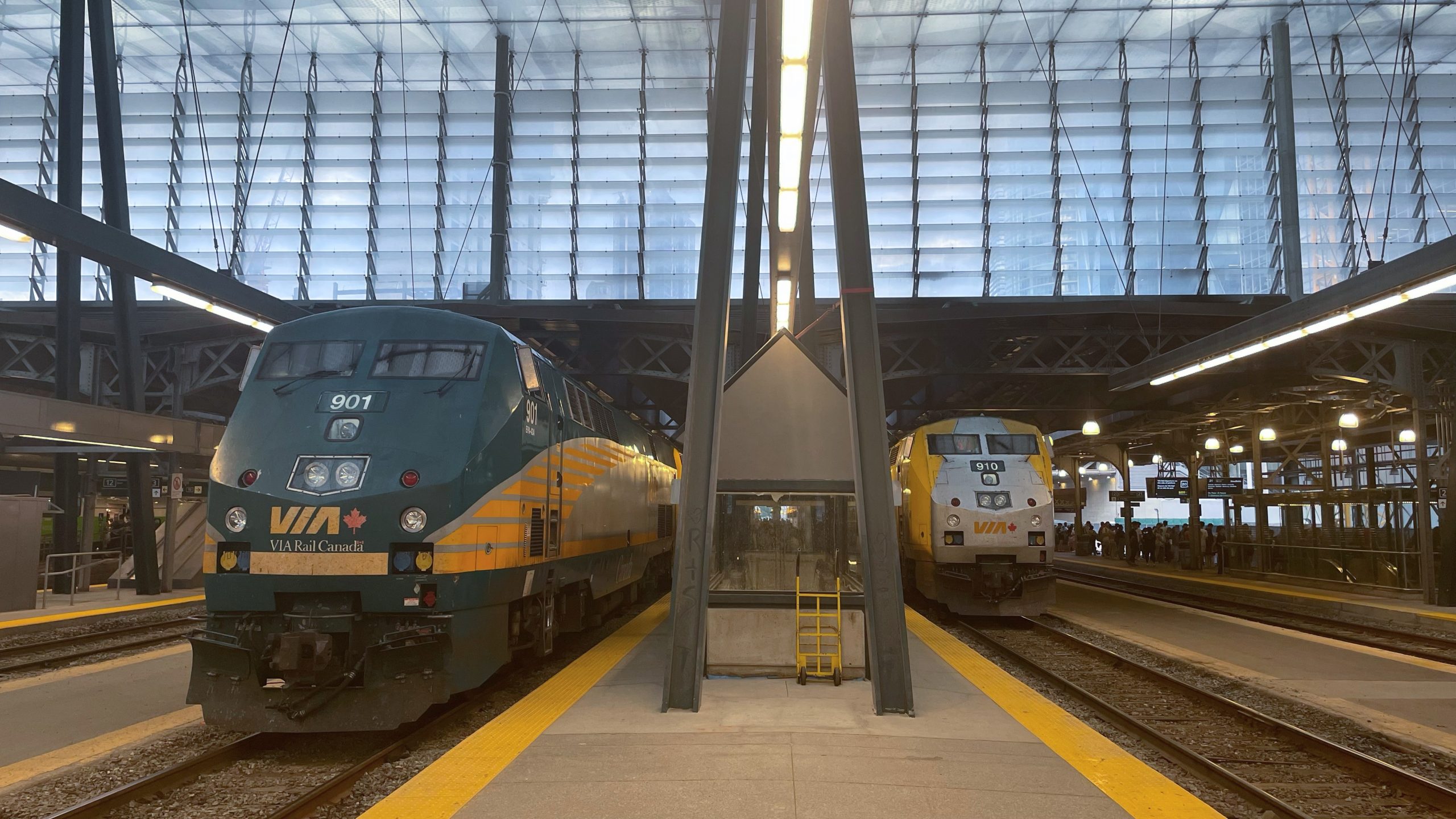micheal_can
Senior Member
Agreed, but that doesn't mean it can't have good intercity bus service.
That is the same argument as saying we do not have good intercity passenger rail.
We could have a good intercity transportation network, but no politician really wants to run on it.
The media likes to exaggerate the problems with the Confederation Line. Yes there have been some significant issues, but I would argue that is only a small factor in why ridership has dropped so much. The reality is, many riders preferred the bus, so your argument that `when it comes to public transit, a bus is seen as being for "poor people" ' isn't necessarily true.
They did not prefer the bus. They preferred the local bus that stops near their house to go all the way downtown. This venture has shown that the problems of transportation are down to the "last mile". That coupled with the numerous shutdowns has made the system unusable. If it can get through the winter without being shut down due to ice, it may build trust with the citizens.
Just like if this winter there are problems with the new Venture trains, the ridership will suffer.





